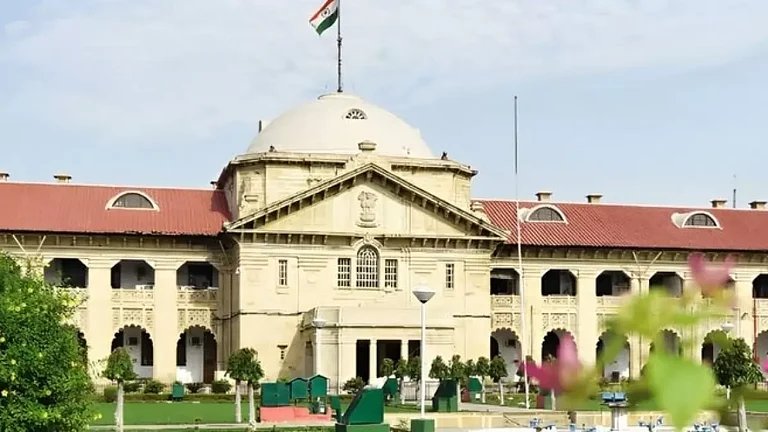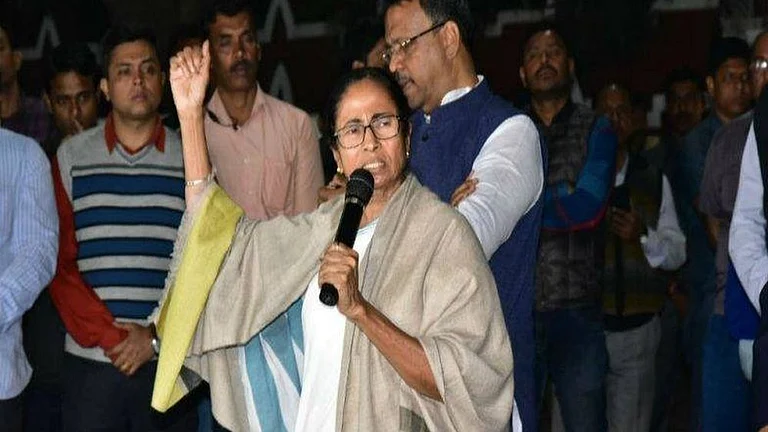The Supreme Court has taken suo motu cognizance of investigation agencies summoning lawyers who provide legal opinions or represent parties in ongoing cases. A bench comprising Chief Justice B R Gavai and Justices K Vinod Chandran and N V Anjaria will examine whether such lawyers can be put on notice merely for discharging their professional duties. The matter is scheduled for hearing on July 14, when the court reconvenes after the summer break. The move follows recent instances of the Enforcement Directorate (ED) summoning senior advocates.
The probe agency has subsequently directed its officers to not issue summons to any advocate in money laundering investigations against their clients. The ED, in a June 20 communication, further said any exception to this rule could only be made after the "approval" of its director.
The ED had summoned senior lawyers Arvind Datar and Pratap Venugopal in connection with legal advice they had provided to Care Health Insurance Limited regarding the employee stock ownership plan extended to Rashmi Saluja, former chairperson of Religare Enterprises.
These summons drew criticism from the Supreme Court Bar Association (SCBA) and the Supreme Court Advocates-on-Record Association (SCAORA), who condemned it as a “disturbing trend” that undermined the very foundation of the legal profession. Both bar bodies urged the Chief Justice of India to take suo motu cognisance of the matter.
On June 25, a bench of Justices K V Viswanathan and N Kotiswar Singh observed that the legal profession was an integral component of the process of administration of justice and allowing police or probe agencies to directly summon lawyers for advising clients would undermine the autonomy of legal profession and was a "direct threat" to the independence of justice administration.
The Supreme Court has raised critical questions regarding the summoning of lawyers by investigative agencies.
“When an individual is associated with a case solely as a legal advisor, can the investigating or prosecuting agency, or the police, directly summon the lawyer for questioning?”
The bench further asked: “Even if the agency claims that the lawyer’s role extends beyond that of legal counsel, should they be allowed to summon the lawyer directly, or should judicial oversight be mandated for such exceptional circumstances?”
Emphasizing the far-reaching implications, the bench noted that these questions, and related issues, must be comprehensively addressed as “what is at stake is the efficacy of the administration of justice and the capacity of lawyers to conscientiously, and more importantly, fearlessly discharge their professional duties.”
The court observed that summoning a professional merely for acting as counsel in a matter "prima facie appears to be untenable," though it remains open to further judicial scrutiny.
The case arose from a petition challenging a Gujarat High Court order dated June 12, 2025, which refused to quash a police summons issued to a lawyer in a case involving his client. The top court stayed the operation of the notice and directed the state not to summon the advocate until further orders.
Highlighting the legal protections available to practicing lawyers, the bench referred to Article 19(1)(g) of the Constitution – which guarantees the right to practise any profession – as well as the rights and privileges conferred by statutory provisions on members of the legal fraternity.
Recognizing the gravity of the issue, the court sought the assistance of the Attorney General, Solicitor General, Chairperson of the Bar Council of India, and the Presidents of the Supreme Court Bar Association (SCBA) and the Supreme Court Advocates-on-Record Association (SCAORA).
The bench has asked the Supreme Court registry to place the case file before the Chief Justice of India for appropriate directions.










_570_850.jpg?auto=format%2Ccompress&fit=max&format=webp&w=768&dpr=1.0)










.png?w=200&auto=format%2Ccompress&fit=max)




